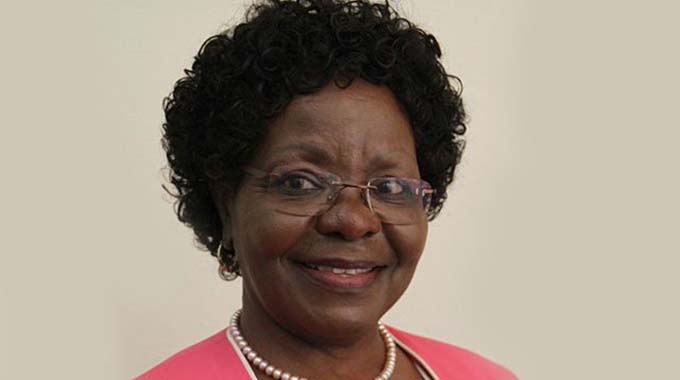NBSZ requires $20m seed capital

Paidamoyo Chipunza Senior Health Reporter
The National Blood Services Zimbabwe (NBSZ) requires $20 million for capitalisation within the next five years and around $10 million every year for its operations to continuously provide blood at almost zero cost to all recipients, newly elected board chairperson Mr Rogers Matsikidze has said.
Responding to emailed questions on his plans to maintain the current zero cost of blood in public health institutions, Mr Matsikidze said apart from everyday transfusion costs, there was also need to upgrade equipment, laboratories and vehicles to maintain low operational costs.
“This means we need to change the status of NBSZ to an institution that can receive funding from Government and international agencies not the current private limited non-profit making status we have,” he said.
“Clearly, if you look at the number of funders for NBSZ it is clear that it has failed to attract funding.”
Mr Matsikidze said Government has chipped in, through the Health Levy, but they were looking at possibilities of NBSZ benefiting directly from Treasury as a sustainable way of funding.
He said they were also researching on the best model that attracts sustainable funding for the zero cost of blood in Zimbabwe.
“Once we converge on the best model, we will then ensure that we push for the correct legal instruments to back the legal persona of NBSZ,” said Mr Matsikidze.
“That new legal framework should be able to attract many donors, corporates and Government to fund NBSZ without any legal hiccups.”
Mr Matsikidze said NBSZ was also looking at creating structures for increasing blood collections in line with the anticipated increase in demand for blood following the introduction of a free blood policy in public health institutions.
He said the structures should be created through branch committees, which cascade to secondary schools and villages.
“We need massive education and a campaign that makes people realise that blood is life and we are called to save life by donating blood,” said Mr Matsikidze. “We need parliamentarians, ministers, journalists and media houses to be ambassadors of the message – Blood is Life. Churches, too, should be involved.”








Comments